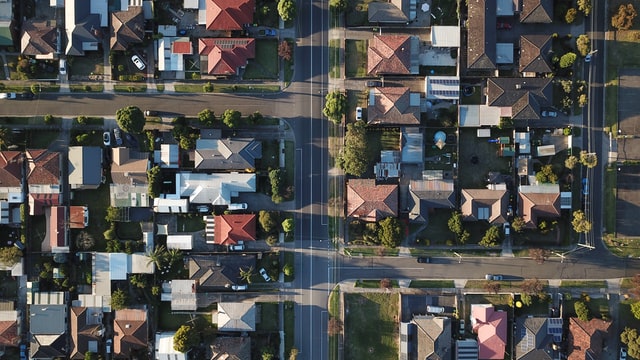1 November 2021
How becoming an Electrified Household can save $$$$ & help reach net-zero
Saving on home power costs & saving the planet go hand in hand
A recent poll showed that 51% of Australian voters were willing to accept a personal cost to help cut the country’s greenhouse gas emissions to support the net-zero target for 2050. This impressive statistic shows that the average Australian household is keen to be part of the solution when it comes to reducing emissions and climate change but how do we actually do this?
- Recycle, tick.
- Turn lights off, tick.
- Keep the aircon at 24℃, tick.
The Rewiring Australia initiative aims to highlight the ways in which we can reduce our home emissions by encouraging you to become an Electrified Household.
Electrify your castle
An electrified household is one that uses solar energy to power as many components and appliances in the home as possible. Solar batteries are utilised to fill the gaps when the sun isn’t shining, providing 24/7 renewable electricity.
Rewiring Australia is recommending homeowners swap out the energy-hungry, fossil fuel using items with alternative energy-efficient, green power using options. This transition will not only save around $5400 per year (est savings 2030) it hopes to reduce electrical energy emissions from approx 11,000 kg per household to zero.

Upgrading gas hot water to heat pump
Swapping out your gas storage hot water system with a modern heat pump hot water heater, which is 4 times as efficient when powered by your home solar system, can reduce the cost of a long shower from 80 cents each to around 10 cents.

Make your next car electric
Petrol and diesel powered cars are the most significant generator of household greenhouse gas emissions (38%) with a swap to electric cars offering a massive saving.
“If you take a typical Australian vehicle, it’s 15 to 20 cents per kilometre to drive it if you’re buying $1.50-a-litre petrol,” Dr Saul Griffith co-author of Rewire Australia said.
“If that same size, same shape car is electric and you’re running that off solar on your roof, that will cost you about 1 cent per kilometre to drive.”

Cost comparisons across the home
Electric vehicles – mid-size car per 100km
- Petrol car at $142/L – $12.14
- Electric car charged using grid electricity – $6.48
- Electric car charged using solar power & battery (2025) – $4.00
Space heating & cooling – cost per day
- Gas heating – $1.98
- Electric heat pump (reverse cycle air conditioner) using grid electricity – $0.92
- Electric heat pump (reverse cycle air conditioner) using solar power & battery (2025) – $0.59
Home water heating – one luxurious shower
- Gas water heater – $0.66
- Electric heat pump hot water heater using grid electricity – $0.31
- Electric heat pump hot water heater using solar power & battery (2025) – $0.20
Cooking – yearly stovetop use
- Gas stovetop – $139
- Electric cooktop using grid electricity – $114
- Electric cooktop using solar power & battery (2025) – $74
With 3 million households already taking steps towards an energy-efficient, zero energy emission home by installing solar power we are on our way. However, much work still needs to be done to reach these targets.
If you’d like help reducing the energy use in your home or moving to an electrified household, we can help. Contact our experienced electrical and solar team for specialist advice today.
Resources: https://www.smh.com.au/politics/federal/australians-willing-to-pay-for-climate-action-but-say-government-not-doing-fair-share-20211026-p5935x.html https://www.abc.net.au/news/2021-10-04/rewiring-australian-households-could-save-up-to-6000-per-year/100512028 https://global-uploads.webflow.com/612b0b172765f9c62c1c20c9/615a513770739cc6477e67f4_CastlesandCarsRewiringAustraliaDiscussionPaper.pdf
Suggested articles
No articles found

